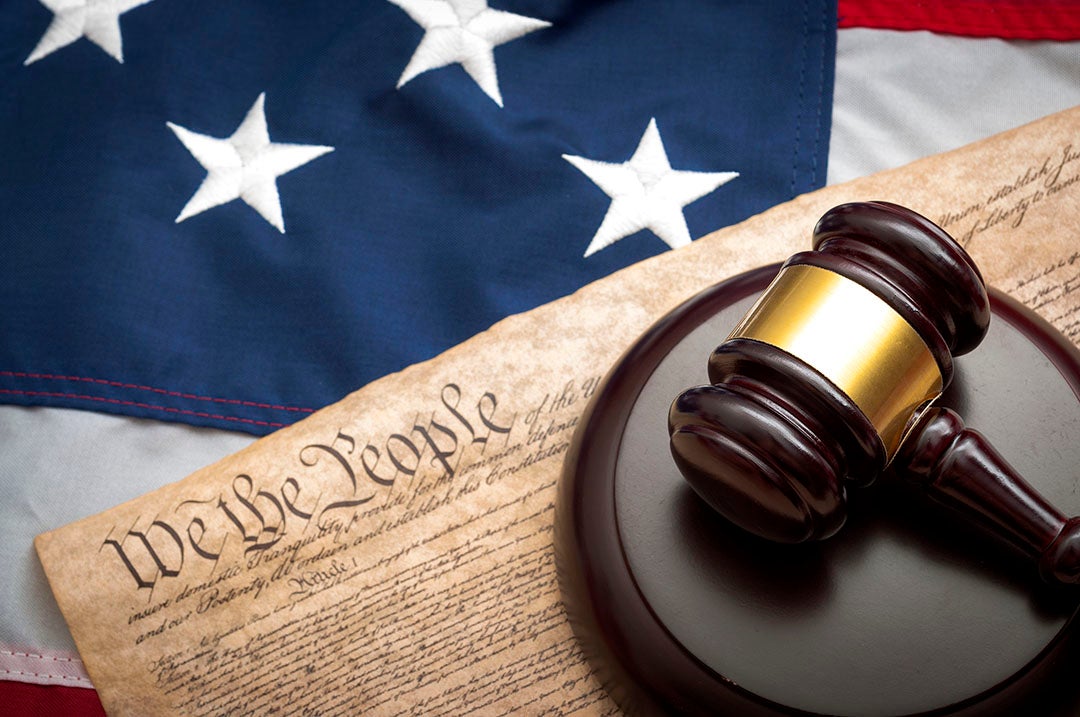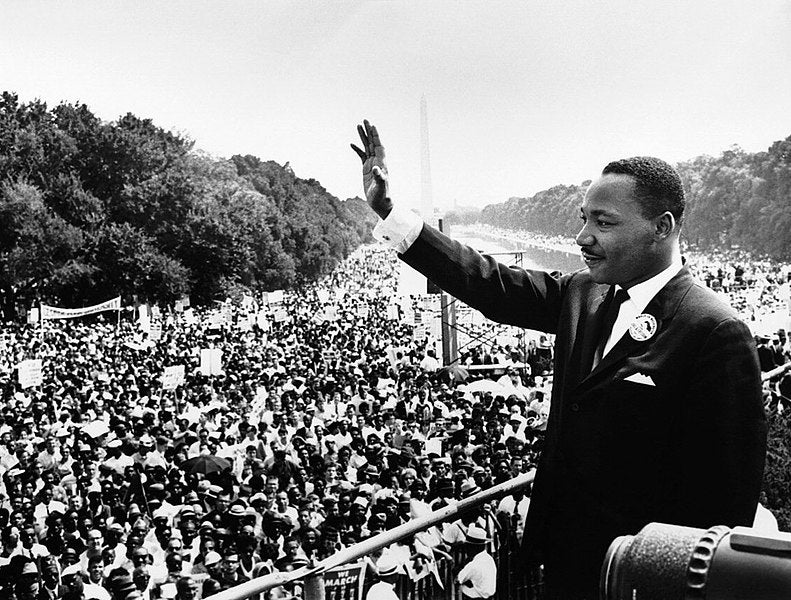Dr. Clarence B. Jones is currently the First Diversity Visiting Professor at the University of San Francisco and a scholar writer in residence at the Martin Luther King, Jr. Research & Education Institute, Stanford University, and Palo Alto, California. He served as counsel, political adviser, and speechwriter for Dr. King. He’ll be speaking about what lawmakers today can learn from King at the Aspen Ideas Festival.
The current diversity of our country obscures the dominant value system and pre-eminent ideology that dominates and determines those political beliefs and temperaments influencing whether and how we can live together in relative peace and prosperity as one nation of 320 million people.
We have always been fascinated by the author David Halberstam’s 1972 Pulitzer Prize-winning book, The Best and The Brightest. He sought to discover and understand why America became involved in the Vietnam War.
“What was it about the men, their attitudes, the country, its institutions and above all the era which had allowed this tragedy to take place?” Halberstam asked. “They had, for all their brilliance and hubris and sense of themselves, been unwilling to look and learn from the past.”
It appears there is collective unwillingness and/or inability of “the best and the brightest” today to acknowledge that the consequential impact of the institution of slavery and its ideology of white supremacy upon subsequent generations of the children of slaves and slave owners constitute the core of the “problem of race” in America today.
What is about the current generation of leaders of foundations, think tanks, businesses, universities, and government institutions that makes them unable to clearly see the consequential historical impact of slavery and its doctrine of white supremacy upon virtually all matters relating to race? Discussions about “race” still reside between “a rock and a hard place”
Recently, it was disclosed that black service members are two times more likely than whites to be punished or face a court martial or other military discipline. “The group Protect Our Defenders examined data between 2006 and 2015 and found that in an average year, black troops face higher rates of punishment than their white counterparts,” per Newsweek. And the Sentencing Project, in June 2016, found that “blacks are imprisoned at five times the rate of whites in state prisons across the country, across the country, and roughly 10 times the rate in five states.”
Against this historical and current landscape, again, we respectfully ask: What new or different discussion about race in America can we have today? We are mindful of the perilous journeys of our ancestors determined to be free. They were characterized as afflicted with the disease of drapetomania. 19-20th century Negroes were called “uppity,” 21st century African Americans called “arrogant” because they seek to determine and define how white America should understand them. They develop solutions responsive to the reality of their condition within our nation.
The most “arrogant” Black man of our generation had the “audacity of hope” to believe, even with a funny-sounding name like Barack Hussein Obama, that he could be president of the United States.
Mark Zuckerberg of Facebook, in a commencement speech to the 2017 graduating class at Harvard University, said:
“Every generation expands its definition of equality. Now it’s time for our generation to define a new social contract… We should have a society that measures progress not by economic metrics like GDP but by how many of us have a role we find meaningful. We should explore ideas like universal basic income to make sure everyone has a cushion to try new ideas.”
In his 1967, book Where Do We Go From Here: Chaos or Community? my beloved colleague Dr. Martin Luther King, Jr. wrote:
“I am now convinced that the simplest approach will prove to be the most effective — the solution to poverty is to abolish it directly by a widely discussed measure: the guaranteed income…Earlier in this century this proposal would have been greeted with ridicule and denunciation as destructive of initiative and responsibility…As now, economic status was considered the measure of the individual’s abilities and talents.”
We say to “the best and the brightest” of our generation new discussion about race is needed. If not now, when?
The views and opinions of the author are his own and do not necessarily reflect those of the Aspen Institute.


